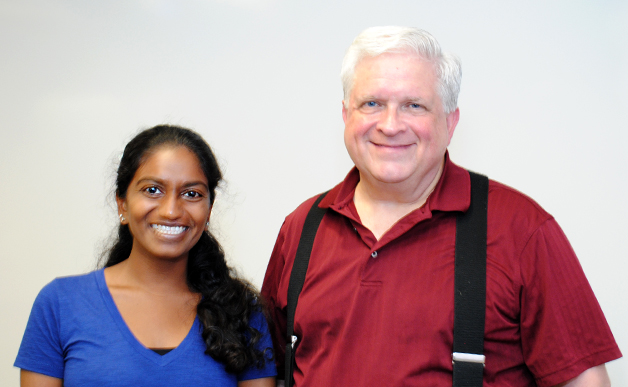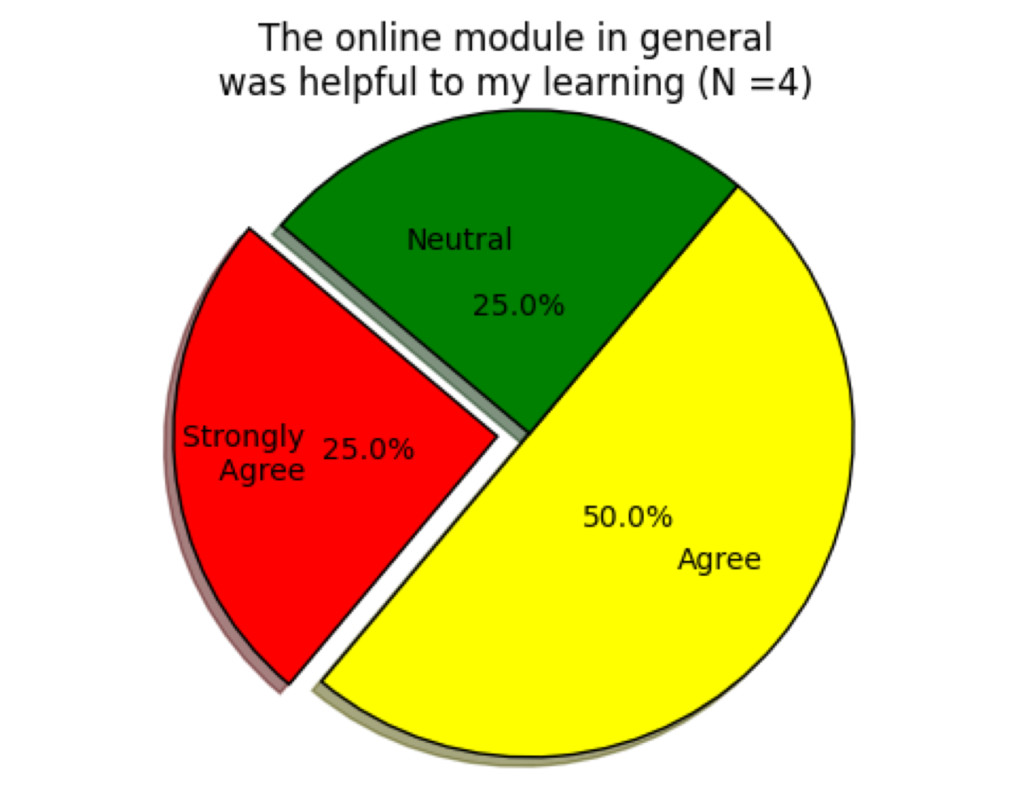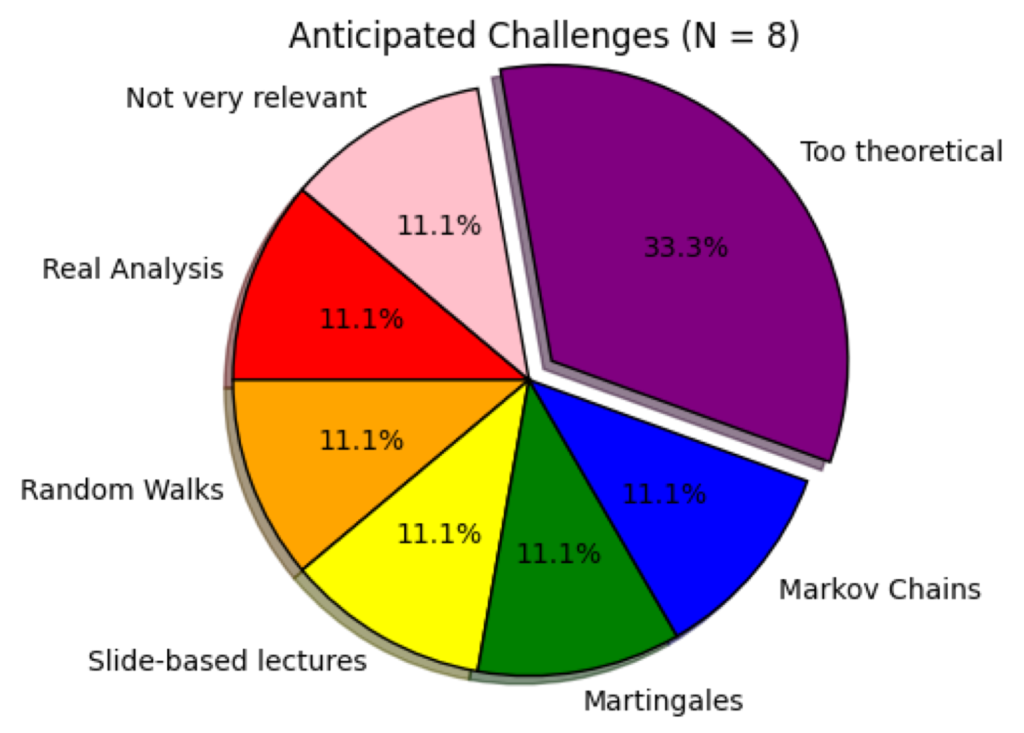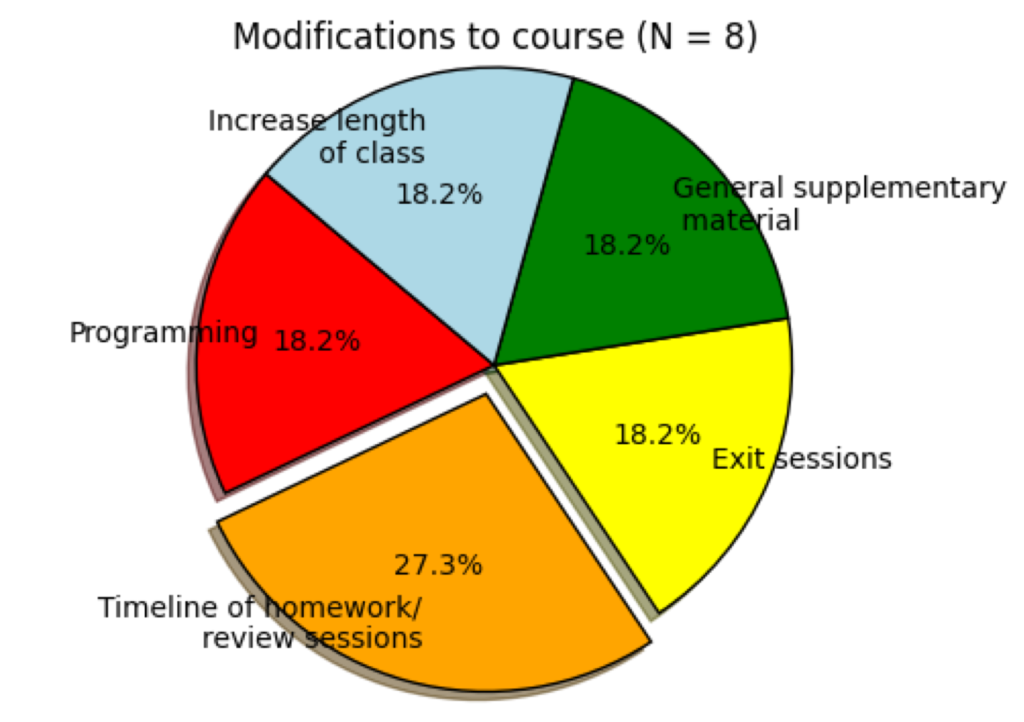BIOS7361 Advanced Concepts in Probability and Real Analysis for Biostatisticians
 Sandya Lakkur working with
Sandya Lakkur working with
Robert E. Johnson, Associate Professor of Biostatistics
Overview
To be a good biostatistician it is essential to master communication skills, applied statistical concepts, and theoretical statistical concepts. Often times, biostatisticians are equipped with the first two skills but are weak in the third. Theoretical concepts can be extremely intimidating to learn, and usually discourage biostatisticians from learning them. Learning these concepts, however, can be extremely useful for all biostatisticians at any level. Through learning theory, biostatisticians are at liberty to read and understand concepts from more journal articles, and quickly grasp methods that they have never explored before. In addition, biostatisticians are better able to understand why current methods may be lacking in some way, and are better equipped to construct improvements to those current methods.
The BIOS7361 course at Vanderbilt, Advanced Concepts in Probability and Real Analysis for Biostatisticians, explores statistics at a more theoretical level. The course frequently uses proofs and logic, which are also reflected in the homeworks and exams. Students enrolled in this course often struggle with the transition of thinking of problems in an applied way, to thinking of problems in a more theoretical framework. The first few weeks of the course can be a bit intimidating because many abstract concepts are presented, and homework problems usually consist of deriving formulas, or constructing proofs. Thus, the purpose of this module is to prepare students for the rigor and theoretical mindset required for the course.
Module
The module (https://my.vanderbilt.edu/bios7361/) is an online supplement to the BIOS7361. Enrolled students will be given access to the module the summer before they begin the course (the course is offered every Fall semester). The module consists of three main topics:
- An Introduction to Proofs (Proof Toolkit)
- Random Walks
- Lim sup and Lim Inf
The Proof Toolkit describes various types of proofs that can be used in practice, an example problem for each type of proof, and practice problems for each type of proof. Solutions to the practice problems are provided in the online supplement, but the students are encouraged to spend some time on their own first to attempt the problem. Since many students have never constructed a proof before, the goal of this portion of the module is to give students a crash course in proof construction and logic. Random walks and lim sup/ lim inf are two concepts that are introduced in the first few weeks of the course. These concepts can be a bit abstract to understand, especially if the student has not taken a theoretical course previously, thus a video explaining the concepts is provided. These sections of the module also include in-video questions to test the students’ understanding of the material presented in the module. R code for more practical examples, example problems, and practice problems are also provided in these sections. The goal of these two sections is to expose students to some of the material that will be discussed in the first few weeks of the course, so they are better able to prepare. None of the practice or example problems in any of the three sections are graded, rather they are available for students to practice and get exposure.
Assessment
To determine the impact of the online supplement, students that are enrolled in the course for Fall 2017 will be interviewed before they receive the module regarding: their academic background, and feelings towards the course. They will also be interviewed after the course regarding their thoughts about the course and whether or not the supplemental aids were helpful. To provide a baseline for comparison, students that have taken the course in Fall 2016 will be interviewed regarding: their feelings throughout the course, and suggestions on how to improve the presentation of material. Through these interviews, we will be able to assess students’ competence and confidence in course and assess if the online supplement played a role in the students’ attitudes.
Results
View Sandya Lakkur’s project poster




